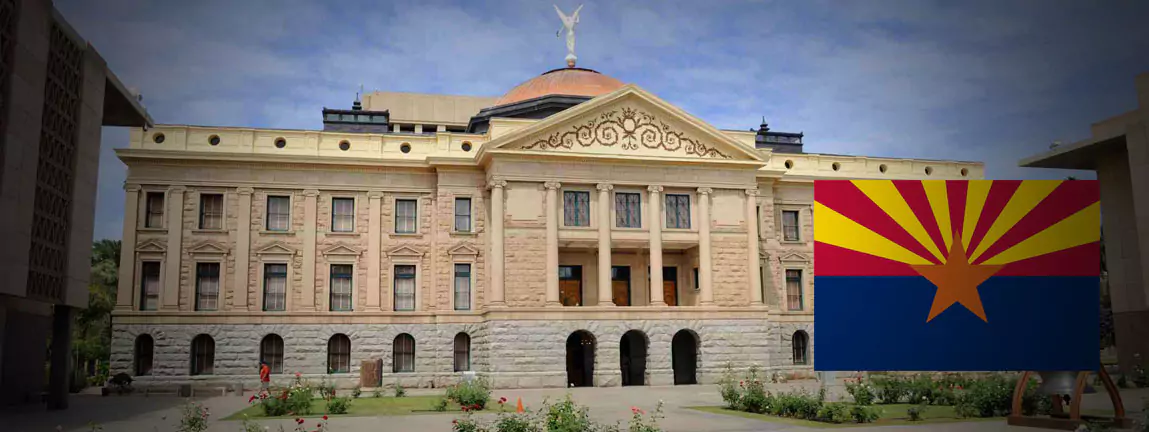
What is the role of social services departments?
The first step to looking out for the social and economic welfare of children and adults in Arizona is through the Social Services Department. But first, you’ll need to know how the department works and what services it offers. Read our article on Arizona social services departments to find out more.
Arizona's government social services department is the Department of Economic Security (DES).To get an idea of what DES does, you can find the official website here.
To enhance the welfare and safety of constituents of Arizona, the DES focuses on improving self-reliance, strengthening people and families, and nurturing the capacities of communities.
Mission Statement
A mission statement is what motivates an organization to continue pushing every day. The mission statement driving the DES is “To make Arizona stronger by helping Arizonans reach their potential through temporary assistance for those in need and care for the vulnerable.”
Critical Social Services Programs Offered by the State of Arizona
The Arizona state department offers various programs and services. They’re as follows:
Arizona Early Intervention Program (AzEIP)
The Office of Special Education Programs (OSEP) and the U.S. Department of Education supervises AzEIP. The program is a technique for early intervention services for birth to 3 year olds, any family of toddlers or infants, and those with issues with delayed developmental milestones or disabilities.
The AzEIP recognizes the need to give access to vulnerable families. And this can give families and caregivers opportunities to support the growth and learning of small children.
The program uses a team-based approach to offer personalized support to potential and qualifying children and their families in specific sections of the state of Arizona.
The team constitutes experts and family members targeting the joint implementation of functional outcomes in indigenous settings. To deliberate on issues, the team holds physical and online meetings that are safe for families to air their concerns and ask questions.
Aging and Adult Services
These services are the mandate of The Division of Aging and Adult Services (DAAS). They focus on helping adults and the aged live with dignity. They help to meet their needs and allow them to live independent lives.
Here are some of the specific services:
- Adult Protective Services
- Refugee Resettlement Program
- Aging and Disability Services Aging and Disability Services
Community and Assistance Development
The Division of Community Assistance and Development (DCAD) works with community partners to meet vulnerable Arizonans' immediate and short-term safety, housing, utility, and food needs. It creates a pathway to economic security and mobility.
Vulnerable Arizonans' urgent and short-term needs, including housing, safety, food, and utility needs, are the task of the Division of Community Assistance and Development (DCAD). Through the division, a plan for economic security and mobility is possible.
This is the list of DCAD services:
- Community Action Programs and Services
- Emergency Rental Assistance Program
- Coordinated Hunger Relief Program
- Domestic Violence Program
- Low-Income Household Water Assistance Program
- Homeless Coordination Office
Child Support Services
Child support payers, including caretakers and parents in Arizona, receive support from the Arizona Division of Child Support Services (DCSS).
Here are some services:
- Child support order
- Collecting medical support for a child
- Spousal support from parents who have a court order
- Helping unwed parents establish paternity for their children
How Do You Contact the Department of Economic Security?
The department is open to help you answer queries and clarify issues about timely intervention services in Arizona. If you have suggestions or feel like sharing your experiences, you’re free to drop by the state office.
For referrals, service-oriented questions, or queries, connect with DES at (602) 542-4791. Furthermore, through their website, you can get specific contacts for several programs and services.
